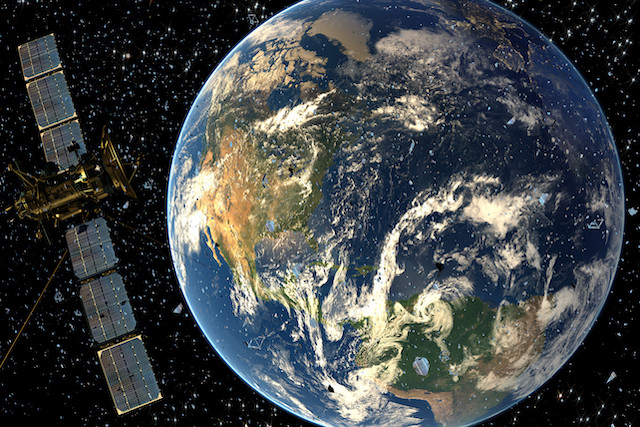Discussing bills 7270 and 7317 with the parliamentary economy committee on Thursday, Franz Fayot (LSAP) said the texts are sufficiently stringent as to prevent multinational space firms from creation shell companies in the grand duchy in order to gain authorisation from the state for space activities. Fayot said that this does not mean that Luxembourg-based entities would not have recourse to logistics outside of the country, however.
Fayot said the question of operator liability is central to the law, which stipulates operators are “fully responsible” for their activities and any damage caused by its space objects, including environmental damage.
Space junk is considered a major threat to safe operations in space. Accidents from in-space debris collisions or objects falling to earth could be costly and dangerous, and if a company registered in Luxembourg were to default on its responsibility, the state would be held liable. Discussions arose about specialist insurance products in this sector, where premiums would have to guarantee large sums to insure space activities. Ministry experts advised that most newspace activities would be less costly than satellite operations. To enforce this liability, Bill 7270 foresees the creation of a space objects register, and to ultimately create an international convention on the registration on objects launched into space.
According to the European Space Agency’s latest estimates there are 128 million debris objects from 1mm to 1cm in Earth's orbit, 900,000 smaller than 10 centimetres and 34,000 objects greater than 10 centimetres floating in space. Among the main contributing factors is dead satellites. According to Nasa’s orbital defence office, fewer than half of global space operators comply with a 25-year disposal rule on dead satellites. The most recent space debris incident involved an 18-tonne Chinese rocket fell back to earth and landed in the Atlantic Ocean, on 11 May.
Luxembourg began developing space activities in the 1980s with the creation of satellite operator SES. In 2016, it announced ambitions to further expand this sector with the creation of the SpaceResources.lu initiative. It has since created a legal framework on the rights of space resources, and financial tools, expertise and training to encourage a newspace eco-system which are encapsulated under the Luxembourg Space Agency, launched in 2018. According to the Space Agency, Luxembourg currently has over 50 space companies and research labs, employing over 800 people.
